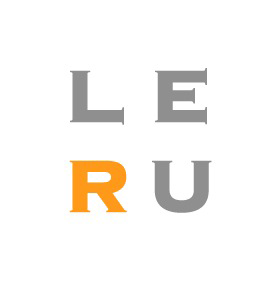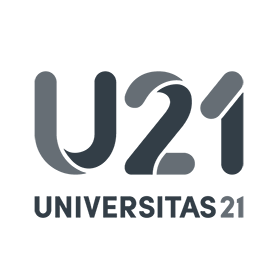Kursplan
An Introduction to Wireless Systems
Introduktion till trådlösa system
EITF50, 7,5 credits, G2 (First Cycle)
Valid for: 2023/24
Faculty: Faculty of Engineering, LTH
Decided by: PLED E
General Information
Main field: Communication Systems. Depth of study relative to the degree requirements: First cycle, has at least 60 credits in first-cycle course/s as entry requirements.
Elective Compulsory for: MWIR1
Elective for: D4-hs, E4-fh, F4, F4-fel, MSOC1, N4-hn
Language of instruction: The course will be given in English
Aim
The course is intended to give a general knowledge in radio frequency applications, especially those which are common in radio communications. The fundamentals are introduced without penetrating the electronics or design details. The different parts are treated as functional blocks defined by their physical properties. This will give a basic understanding of the radio receiver or the cellular phone but also the requirements put on the used circuits. Thus this is a compulsory course for those who later want to specialise as radio frequency designers.
Learning outcomes
Knowledge and understanding
For a passing grade the student must
- have a good understanding of the radio receiver and transmitter at a block diagram level
- be able to describe and analyse a modulated signal in the time, frequency and phase domain.
- be able to describe and analyse a complete radio communication link including antennas and wave propagation
- have knowledge about spectrum and network analysis at high frequencies
Competences and skills
For a passing grade the student must
- be able to perform a noise analysis for a system under given circumstances
- be able to perform a receiver block level simulation
- be able to set up and apply a link budget for a radio system
- be able to perform basic measurements with spectrum and network analysers.
Judgement and approach
For a passing grade the student must
- be able to interpret a data sheet in order to design a radio system with basic modules, that meets a given specification.
- be able to evaluate if parameters for the radiosystem and its parts are reasonable.
Contents
Covered topics are
- basic concepts like bandwidth, Q-factor and decibel units
- noise sources, signal quality (SNR, SINAD), noise figure and noise temperature
- the architecture and function of the radio receiver and transmitter at block level
- linearity, compression and intercept points
- the behaviour of discrete components at radio frequency
- characteristics of amplifiers, mixers, oscillators, phase locked loops (PLL) and frequency synthesis
- special components such as splitter, combiner, directional coupler and circulator
- analogue and digital modulation
- transmission lines, antennas, wave propagation and link budget
- computer aided simulation of receivers
- radio frequency measurements using spectrum and network analysers
- a survey of modern digital communication systems.
Examination details
Grading scale: TH - (U,3,4,5) - (Fail, Three, Four, Five)
Assessment: Written examination and completed laboratory work. Approved laboratory exercises are a requirement to be allowed to enter the examination.
The examiner, in consultation with Disability Support Services, may deviate from the regular form of examination in order to provide a permanently disabled student with a form of examination equivalent to that of a student without a disability.
Parts
Code: 0117. Name: Laboratory Works.
Credits: 1,5. Grading scale: UG. Assessment: Approved laboratory work
Code: 0217. Name: Examination.
Credits: 6. Grading scale: TH. Assessment: Approved written exam
Admission
Assumed prior knowledge: ESS010/EITA35 Electronics or ETE115/EITF90 Electromagnetics and Electronics.
The number of participants is limited to: No
The course overlaps following course/s: ETI031, ETIF05
Reading list
- Young Paul H.: Chapters from Electronic Communication Techniques, Fifth Edition. Pearson, 2004, ISBN: 9780857766915.
- Additional assignments for laboratory experiments.
Contact and other information
Course coordinator: Baktash Behmanesh, baktash.behmanesh@eit.lth.se
Course homepage: http://www.eit.lth.se/course/eitf50

